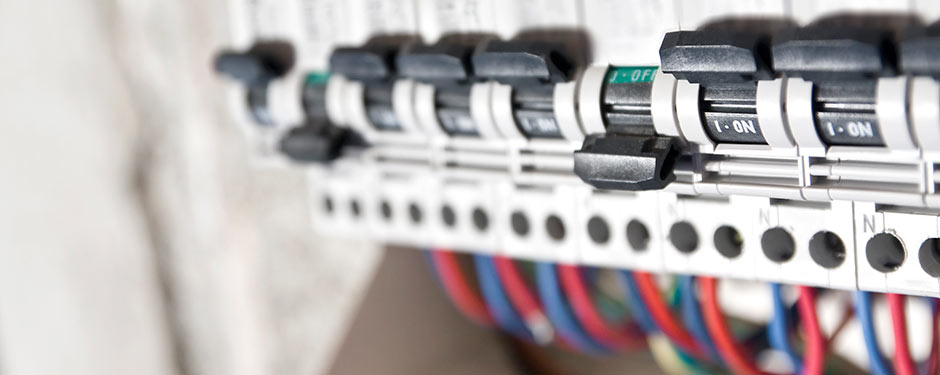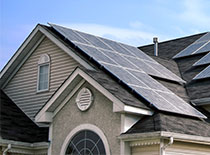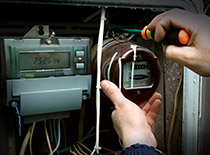Electrical & Lighting Find a Trusted Contractor to Help
When The Power Goes Out: Common Reasons For Outages and What to Do
At some point, we’ll all deal with it: The power will go out in your home. But there can be multiple reasons why the lights stop working, and each require different responses. Here are some common causes of power outages, and what to do.
Causes
Generally, the power goes out for two reasons; a circuit breaker or fuse is tripped in your home, or the power lines themselves are affected. The cause in the latter case can really be boiled down to one thing: Weather. Power lines can be disrupted by a wide variety of natural causes: Trees knocked over by wind can crash into power lines, ice and snow can pull down power lines, lightning storms can strike utility poles, shutting down transformers, and so on. As a rule, if your electrical system in your home is generally sturdy and the power goes out during a storm, it’s probably due to an outside influence.
More rarely, other causes can damage wires. Animals may be nibbling at the wrong place at the wrong time, or a car may lose control and damage a utility pole. If the power on your block goes out on a clear day, you should contact your electrical utility immediately.
If the power has gone out just in your house, or some items are working but some aren’t, it’s a sign that the cause is somewhere in your electrical system. For example, damage to your service panel might mean that your standard 120 volt outlets are working perfectly, but your 240-volt outlets, which power your large appliances, aren’t.
Causes can range from simply having too many items plugged in and turned on to serious damage to your electrical system that is putting you at risk of fire or electrocution. If your electrical system is showing signs of malfunctioning, it’s time to call in an electrician.
What to Do
If the power is out due to power line damage, there’s a limit to what you can do, really. Mostly you’ll just need to wait; repairing power lines is dangerous work and often done under difficult conditions. It may help to shut off unnecessary items—like lights you won’t be using—and turn them back on one at a time, in case there’s a surge when the power comes back on.
On the other hand, if the power problems are limited to your house, and you keep flipping circuit breakers or blowing fuses, try redistributing the load; circuit breakers and fuses are safety features that trigger when you pull too much electricity through a circuit. Redistribute the items you have plugged in, or unplug them.
If redistributing the power, doesn’t work, you need to call an electrician. The problem could be anything; a short in the wires, damage to your service panel, or another issue. But it’s likely a safety risk; electrical problems can start fires and severely injure homeowners, so contact an electrician soon.
If you need to find an electrician, Trusted Home Contractors can help. So if you’ve got an electrical problem, start with Trusted Home Contractors to get it fixed. End






